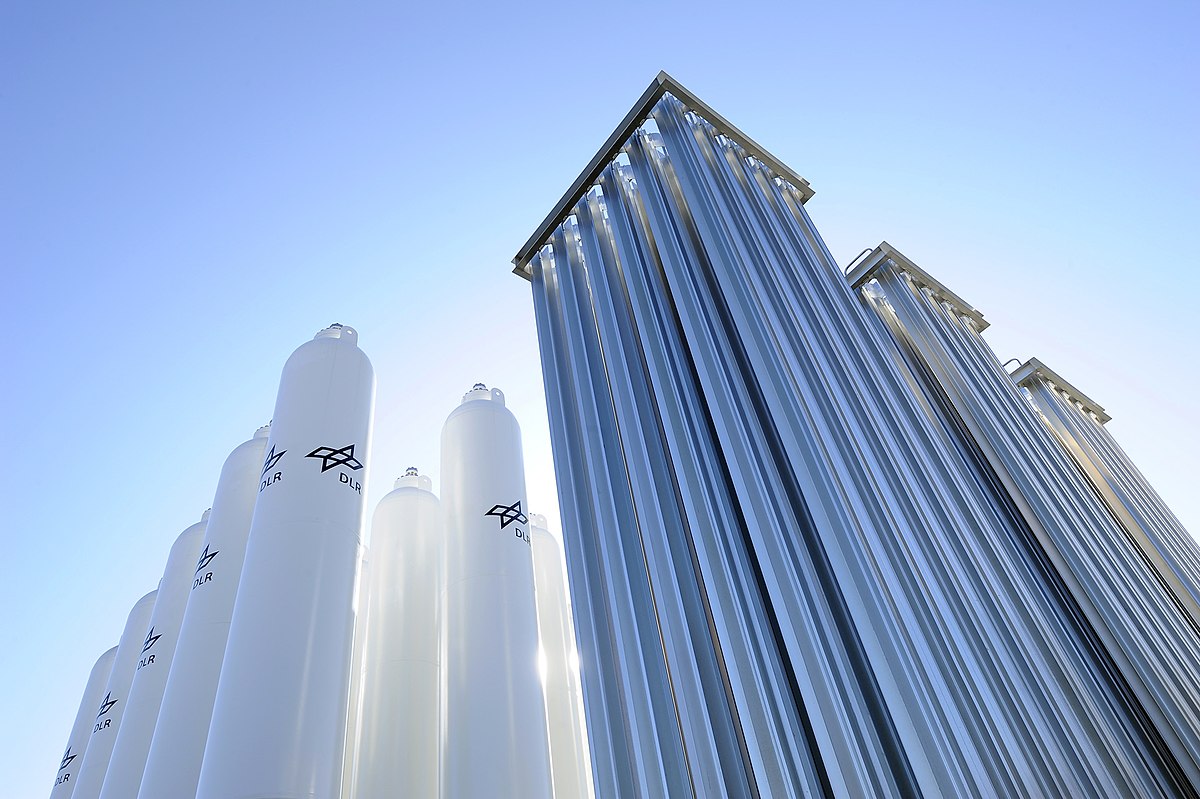The Turkish government has released a new strategic roadmap for hydrogen technologies. The country plans to produce hydrogen at $2.40/kg by 2035, and aims to halve this figure by 2050, according to the Turkish energy minister, Fatih Donmez.
“When we talk about Turkey, everything is possible. I am sure it will achieve this hydrogen target. The most important thing is cheap electricity, which will mostly come from solar,” Gulmira Rzayeva, senior visiting research fellow at the Oxford Institute for Energy Studies, told pv magazine.
Renewable energy price trends, water availability, local demand, and the flexibility of national support schemes are supporting the hydrogen price forecasts. Rzayeva said Turkey will import electrolysis technology over the medium term.
“So far, Turkey has not this kind of technology,” she explained. “As of now, if the country decides to go for green hydrogen, it needs to import electrolyzers.”
She added that the country will invest in innovation to produce electrolysis technology domestically within the next decade.
“Turkey will try, in the next years, to replicate the success story we have seen in PV technology,” she said. “A decade ago, it was importing 100% of PV technology – now it produces locally up to 90% of its PV technology.”
The Oxford Institute for Energy Studies Research Fellow said that the country aims to blend up to 2% to 5% hydrogen into gas grids before 2030, 10% by 2040, and 20% by 2050.
Rzayeva said that Turkey will increase its PV energy production with or without hydrogen.
“Factoring in hydrogen production, the rise will be even stronger than the expected targets.” For now, Turkey expects solar installed power to reach 52,900 MW by 2035.
Renewable energy sources, which had a 16.7% share in primary energy consumption in 2020, are expected to increase to 23.7% in 2035.
“The Turkish government is pushing very aggressively to support PV, mostly through feed-in-tariffs and auctions. For each auction, the cost of both wind and solar is decreasing. The government is supporting renewables by providing purchasing guarantees for 10 years,” said Rzayeva. “The company can sell it to the government or on exchange platforms also at higher prices. There is a huge interest.”.
For now, the primary hurdle for Turkey's hydrogen ambitions comes from policy uncertainty – mainly in the European Union, said Rzayeva.
“From a business point of view, it is very uncertain what the market will be in a few years. There is no market regulation or design,” she said. “There are many risks to investing in hydrogen production and export facilities. It will take some time for Turkey to have a clear picture.”
This content is protected by copyright and may not be reused. If you want to cooperate with us and would like to reuse some of our content, please contact: editors@pv-magazine.com.



5 comments
By submitting this form you agree to pv magazine using your data for the purposes of publishing your comment.
Your personal data will only be disclosed or otherwise transmitted to third parties for the purposes of spam filtering or if this is necessary for technical maintenance of the website. Any other transfer to third parties will not take place unless this is justified on the basis of applicable data protection regulations or if pv magazine is legally obliged to do so.
You may revoke this consent at any time with effect for the future, in which case your personal data will be deleted immediately. Otherwise, your data will be deleted if pv magazine has processed your request or the purpose of data storage is fulfilled.
Further information on data privacy can be found in our Data Protection Policy.